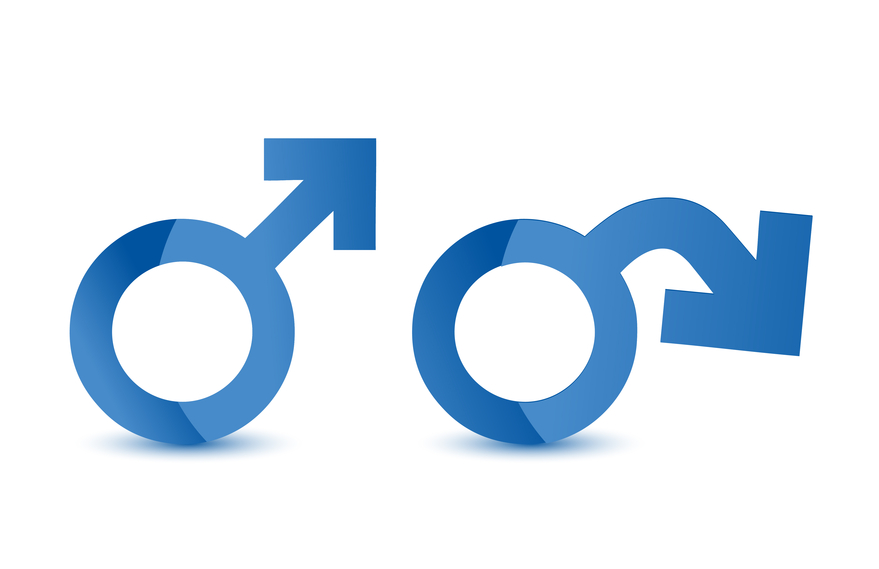
The term "andropause" is used to describe the condition of males who have a testosterone level decrease beyond mid-life.
Male Menopause is a subject of conflict among scientific circles. In the case of ladies, menopause is related with the termination of a biological operation - namely, when the month-to-month menstrual cycle ceases. Also, an important drop in the hormonal levels in females occurs together with menopause. Because of these factors, doctors are disputing whether male menopause truly exists.
In the case of guys in their middle and senior years, less quantities of testosterone are being developed from the testicles. This is thought to be the underlying reasons behind the incident of signs and symptoms of "manopause".
Men with andropause normally deal with irritation, sleep disturbance, low sex drive, perspiring, anxiety, unhappiness, memory problems, as well as impotence.
In many cases, erectile dysfunction could be caused by other issues - and yet, testosterone shortage can be one reason.
It is important that guys who struggle with symptoms associated with reduced levels of testosterone schedule clinical examination for blood screening to examine testosterone output.
Other reasons for having low testosterone production include a testicular dysfunction or a possible inherited defect.
As a therapy, hormone replacement therapy is being advised for guys with reduced amounts of testosterone and also the signs and symptoms that come with it.
Hormone replacement therapy could not apply to older guys who look for treatment for their impotence unless they in fact have really marginal amounts of androgens. As for younger males with well-known hormonal deficiency, it has been confirmed that nominal doses of testosterone could boost passion in sex.
Testosterone replacement therapy, which is also referred to as HRT, intends to diminish the signs brought about by male menopause. This method is a long-lasting therapy, given that testosterone shortage is usually a permanent condition.
HRT is usually provided as a sublingual prescription, implants, or shots.
The shot of testosterone is generally done when every two weeks.
The sublingual medications are specifically suggested to those who can't stand injections or implants.
The testosterone implants, which are being put under the skin of the buttock or abdomen benefit a duration of months. The implant functions by introducing testosterone directly withiin the blood stream.
Testosterone treatment, nevertheless, comes with potential negative effects as well as risks.
With reduced testosterone production, the prostate gland has the tendency to get smaller. Hormone replacement therapy could not re-generate a physically atrophied prostate gland given that it does not have influence in the levels of prostate-specific antigen.
HRT could not be a root cause of enhanced threat of prostate cancer cells for those who have normally greater testosterone production in the same age group.
On the other hand, the security of hormone replacement and it's feasible results on the prostate gland, psychological performance, as well as cardiovascular system still should undergo appropriate examination. In addition, there is also a need to examine the potential benefits of androgen therapy on the bones as well as muscular tissues.
Androgen treatment is said to raise the threat of heart problems, although examination on this topic is uncertain. It is a well-known reality, however, that those with reduced testosterone output have actually been shown among cardiac arrest victims. This opens the possibility that hormone replacement therapy could aid protect against heart diseases.
Older men undiagnosed of prostate gland cancer must also take precautions when being used with androgens.
Sleep apnea, or the cessation of breathing throughout sleep, is additionally taken as a rare danger associated with hormone therapy.